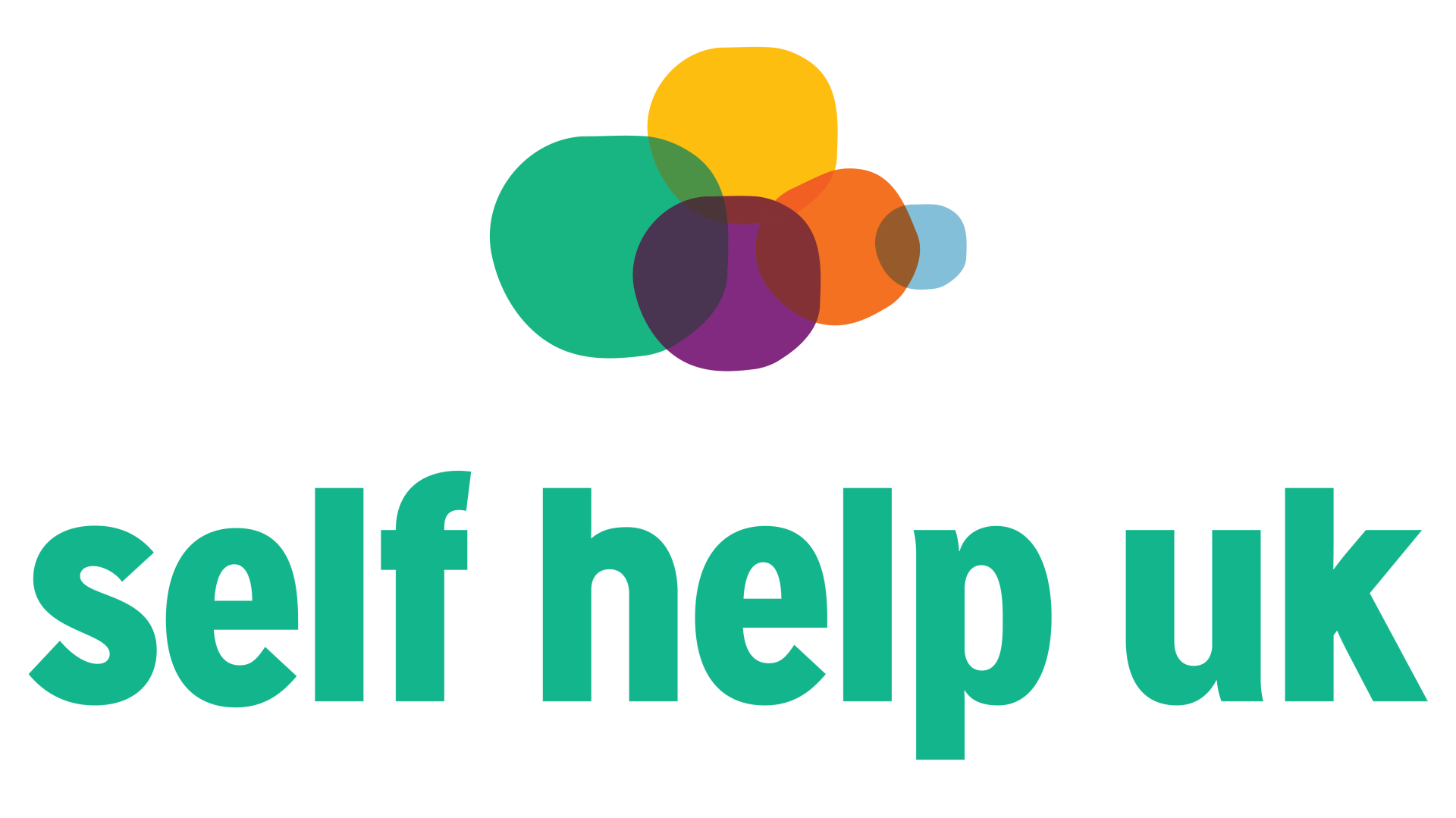Mental health
Peer interviewers in mental health services research
This article describes how peer interviewers helped to collect data in an evaluation of a peer respite programme in the US.
The respite programmes offered short-term, overnight peer support for those with mental health conditions. The paper aims to describe one avenue for engaging with peers to conduct research and was informed by the practice of peer support, the history of service user research, and CBPR (community-based participatory research) methods.
The study found that the shared lived experience between the peer interviewers and study participants contributed to increased comfort and a higher response rate. While this journal does not have a lay summary it has been written in plain english and is relatively easy to follow.
The respite programmes offered short-term, overnight peer support for those with mental health conditions. The paper aims to describe one avenue for engaging with peers to conduct research and was informed by the practice of peer support, the history of service user research, and CBPR (community-based participatory research) methods.
The study found that the shared lived experience between the peer interviewers and study participants contributed to increased comfort and a higher response rate. While this journal does not have a lay summary it has been written in plain english and is relatively easy to follow.
